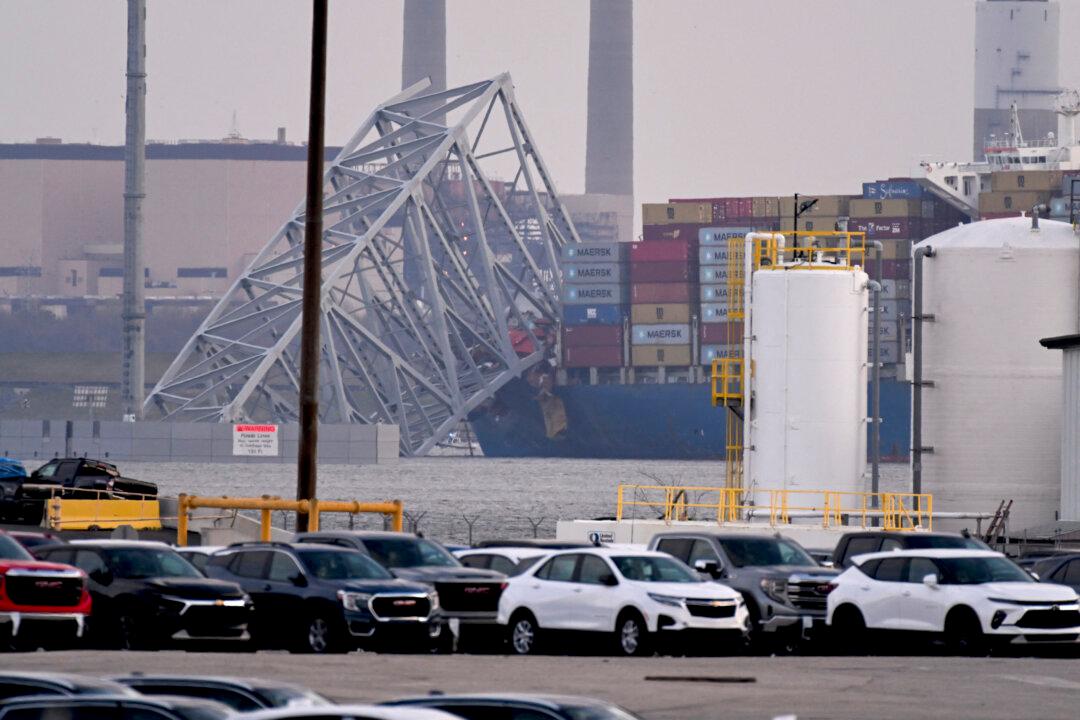The bridge collapse in the Port of Baltimore has the potential to create a domino effect in the auto industry, resulting in inventory shortages and price increases. The incident is expected to make a dent in the broader economy as well.
According to Michel Leonard, chief economist and data scientist at the Insurance Information Institute, the car sector will see a significant disruption similar to that seen during the COVID-19 pandemic, albeit on a smaller scale.





